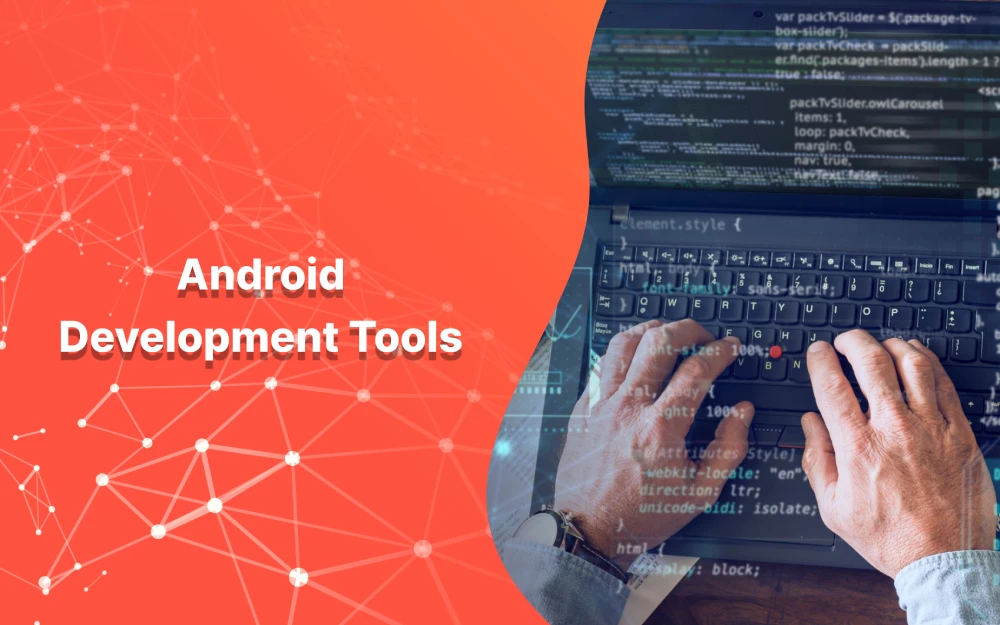What are Android Development Tools ?
When it comes to Android app development, there are several tools available that help developers streamline their workflow, improve productivity, and create high-quality applications. Here are some essential Android development tools:
1. Android Studio:
Android Studio is the official integrated development environment (IDE) for Android app development. It provides a comprehensive set of tools and features for designing, coding, debugging, and testing Android applications. Android Studio includes a code editor, visual layout editor, emulator, and supports various programming languages like Java and Kotlin.
2. Gradle:
Gradle is a powerful build automation tool used in Android development. It helps manage dependencies, compile code, and package the app for distribution. Gradle allows developers to define custom build configurations and automate repetitive tasks, making the build process efficient and flexible.
3. ADB (Android Debug Bridge):
ADB is a command-line tool that facilitates communication between a computer and an Android device or emulator. It enables developers to install and debug applications, transfer files, access device logs, and execute various commands on Android devices connected via USB or Wi-Fi.

4. Android Emulator:
The Android Emulator is a tool included in Android Studio that allows developers to test their applications on virtual Android devices. It simulates different device configurations, screen sizes, and hardware features, enabling developers to ensure their apps work correctly across various devices without the need for physical devices.
5. Firebase:
Firebase is a comprehensive mobile development platform provided by Google. It offers a range of services and tools for developing Android apps, including real-time database, cloud storage, authentication, cloud messaging, crash reporting, and more. Firebase simplifies backend development tasks and provides ready-to-use solutions for common app functionality.
6. Android Device Monitor:
Android Device Monitor is a tool bundled with Android Studio that allows developers to monitor and analyze the behavior of an Android device or emulator. It provides features like logcat (viewing device logs), heap and CPU usage monitoring, network traffic inspection, and device screen capturing.
7. Leak Canary:
Leak Canary is a memory leak detection library for Android apps. It helps developers identify and fix memory leaks, which can cause performance issues and app crashes. LeakCanary provides detailed reports on memory leaks, along with information to help developers track down the source of the leak.
8. Stetho:
Stetho is a debugging tool developed by Facebook for Android apps. It integrates with Chrome Developer Tools and provides insights into the app’s internal state, network requests, SQLite databases, and shared preferences. Stetho enables developers to inspect and debug their app’s behavior in real-time.
9. Android Asset Studio:
Android Asset Studio is a web-based tool that assists developers in creating various graphical assets for Android apps. It offers options for generating icons, launcher icons, splash screens, notification icons, and other visual resources. Android Asset Studio helps ensure that app icons and other visual elements adhere to the Android design guidelines.
These are just a few of the many tools available for Android development. The choice of tools may vary depending on the specific needs and preferences of developers, but leveraging these tools can significantly enhance the development process and contribute to the creation of high-quality Android applications.
Finding tech jobs in Egypt can be tough. techitopia is a platform where you can get your desired job without any hassle & in less time
Read More : python developer job description






